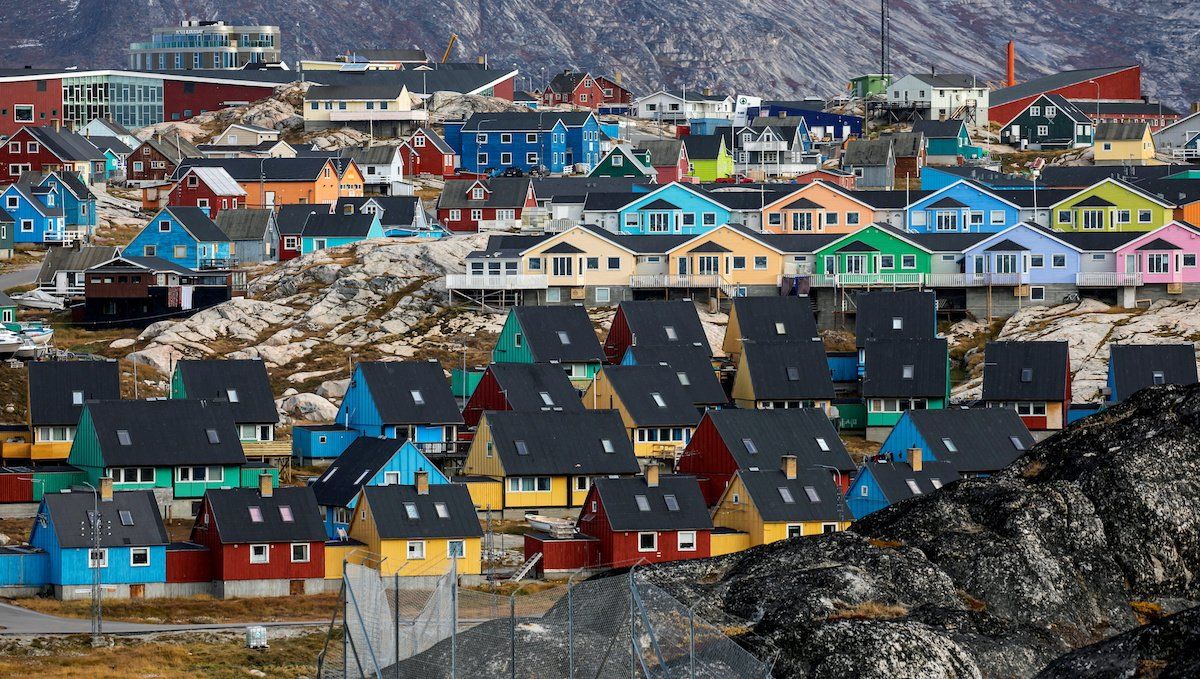Donald Trump wants Greenland. The vast, sparsely populated Arctic island has been under Danish control for 300 years, but back in 2019, when he was last president, he floated the idea of buying it. He recently reiterated that, and even refused to rule out using force to get what he wants.
Why would Trump want Greenland?
First, it’s a huge piece of the Arctic, where international competition with Russia and China for control over shipping routes and deepwater mining is heating up as the ice caps melt.
Second, it’s rich in rare earths, which are critical for the manufacture of advanced batteries and other electronics. China currently controls 80% of the world’s rare earths supply. Getting Greenland could change that.
Third, it has massive geothermal energy potential. That could provide virtually limitless clean energy for the energy-hungry AI revolution.
Greenland and Denmark both say the island is “not for sale”. But they’ve also shown interest in deeper economic and defense cooperation with the US, which has had bases in Greenland since World War Two. Danish PM Mette Frederiksen held a 45 minute call with Trump this week.
Meanwhile, polls show support for independence from Denmark is high. Denmark says it will respect whatever the Greenlanders decide on that front and that Trump should do the same.
Greenland's red flags. Despite the famously cheerful colors of their houses and the breathtaking beauty of Greenland's nature, the island's roughly 50,000 people struggle with a number of economic and social challenges. Skilled labor is in short supply, and inflation is high. The government and the fishing industry are by far the two largest employers. The population is shrinking as people emigrate. Suicide rates are routinely the highest in the world.
If the Trump Administration showed up with a significant promise of greenbacks for Greenland, both sides could benefit.
What could happen? Greenland could vote for independence in the near future. If so, the US will press firmly for a preferential bilateral agreement. The big question then would be whether Trump tries to go further, trying to secure more direct control. If so, would other interested global powers (looking at you Russia and China) try to stop that?More For You
With close ties to both the US and China, can Singapore survive in an increasingly fragmented and chaotic world? Singapore’s President Tharman Shanmugaratnam joins Ian Bremmer on the GZERO World Podcast.
Most Popular
Think you know what's going on around the world? Here's your chance to prove it.
This week, Prime Minister Keir Starmer became the first UK leader to visit China in eight years. His goal was clear: build closer trade ties with Beijing.
